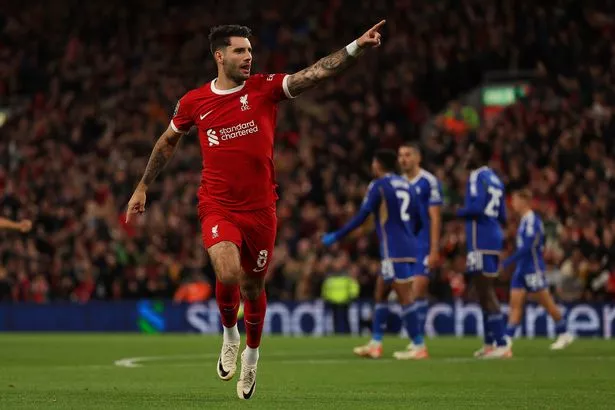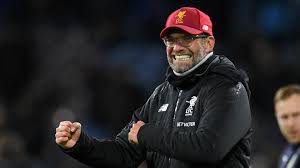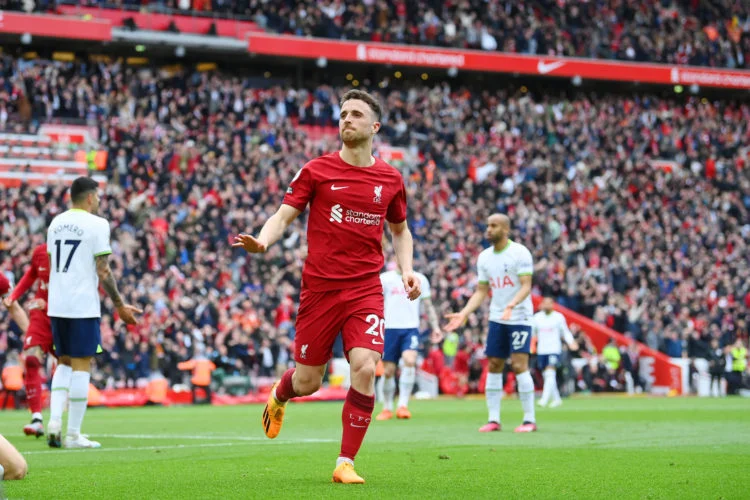Liverpool’s owners, Fenway Sports Group, revealed on Thursday that they had reached an agreement with Dynasty Equity for a minority investment in the club, but the sum is far lower than many expected.

£164million isn’t what it used to e any more. And certainly not when it comes to football clubs.
Back in 2010, after all, £164m was more than half of what Fenway Sports Group bought Liverpool for. As a distressed asset – just as you’d expect anything which had been in the hands of Tom Hicks and George Gillett to be – the Reds were picked up for a cool £300m by FSG, who were delighted to wrap up a deal that would soon come to look like spectacular value for money.
Thirteen years later it is impossible to confidently state the value of Liverpool as it is changing all the time, but the smart money would place it somewhere between the £4.25billion Chelsea were sold for last summer and the £8-10bn the Glazers seem to think Manchester United are worth. These are inflationary times indeed.

In the context of all that it is little wonder that Dynasty Equity’s deal for minority investment in the club – believed to be worth up to £164m, but potentially a bit less – hasn’t exactly attracted the headlines. It isn’t the sexiest story after all, mere weeks after Saudi Arabia were throwing a similar amount at Liverpool and hoping to take Mo Salah away.
We may never know exactly how much of Liverpool that Dynasty Equity – an American sports investment firm based in New York – have acquired, but it is likely be a very small percentage, the number of which you’ll be able to count on half of the fingers of one hand.

Liverpool are still completing work on the Anfield Road end
We also know that the money has pretty much already been spent, with bank debts paid off, the Anfield Road end expansion costs to cover, Covid-related losses still an issue, the move from Melwood to the AXA Training Centre in Kirkby and then subsequent buying back of Melwood for the women’s team, and a summer midfield rebuild to support. None of that comes cheap.
Dynasty Equity will have thrown down a pot of cash which will have helped cover those expenses, although only marginally, and then in return for their investment they will expect to see their asset grow in value, just as FSG have watched it do since 2010.
The move brings to an end a much trumpeted search for investment which began just under a year ago and which often, at least initially, took on the same dramatic tone as Manchester United’s takeover saga, even though the situations surrounding both clubs are hugely different.
Dominik Szoboszlai was the headline arrival at Liverpool this summer and has settled quicklyFSG aren’t universally popular with Liverpool fans, with a slow caution often evident in the transfer market and a series of high-profile mistakes and very public U-turns all there to be shot at, but they aren’t the Glazers. Full scale protests against them the like of which we see at Old Trafford have never happened, even though there is a chance they might in the future.
Their critics do have very strong gripes, but it has been under FSG’s watch that Liverpool finally ended the long wait for a Premier League title, secured another Champions League from three finals of the competition, and re-established themselves back at the summit of the game with one of the best managers on the planet and world class players. By whatever metric you wish to evaluate them by, they have been good owners.
The concern more recently though is whether or not they are good enough owners for modern times, with Manchester City and Newcastle changing the football landscape, Manchester United threatening to do so to what would be an alarming degree, and ownerships elsewhere more than willing to loosen the purse strings.
FSG have always taken things a little steadier, too steady at times, but you can rest assured that if this new minority investment shows one thing it is that they are still in this for the long haul.
John W Henry attended Liverpool’s opening game of the season at ChelseaJohn W Henry – the figurehead for FSG, even though the group’s Mike Gordon is the go-to man on Merseyside – would not seem to want to cash in his chips just yet even though they are substantial, and even though he knows other decks are significantly more loaded than his.
Dropping out of the Champions League for this season was of course a blow for Liverpool on the pitch and FSG off it, and both parties would have hoped those days were behind them during the reign of Jurgen Klopp. But it quickly became all about the reaction.
With five wins from six Premier League games this season, new signings such as Alexis Mac Allister and in particular the remarkable Dominik Szoboszlai impressing, Salah sticking around and older, slower influences shipped out there is a real freshness to Liverpool all of a sudden. FSG must be pondering just what their asset could be worth in two years, five years, 10.
Their next steps are clear after securing the Dynasty Equity deal, with a return to the Champions League and challenging for the Premier League title the main aims on the men’s side, and competing at the top end of the WSL the goal on the women’s.
There is also completing the Anfield Road end expansion and the challenges of keeping the men’s and women’s squads up to shape. On the men’s side, Klopp has two seasons left on his contract after this one and it is almost certain that they will be carried out working under FSG, and then a succession plan or an attempt to convince him to stay awaits.
Liverpool suffered a big knock last season, but as Klopp has been keen to tell everyone this is now a new, ‘2.0’ version of his team. Clarity off the pitch will help with the evolution of that, and FSG can only get stronger with a little outside help.



